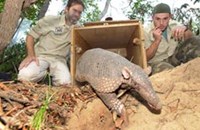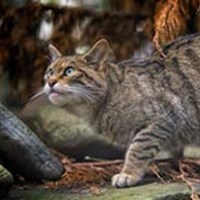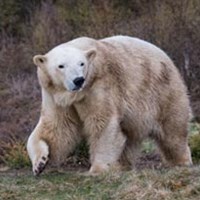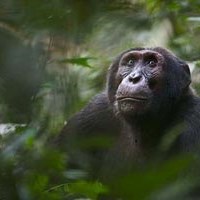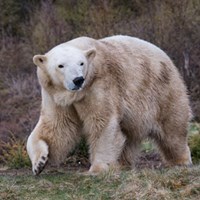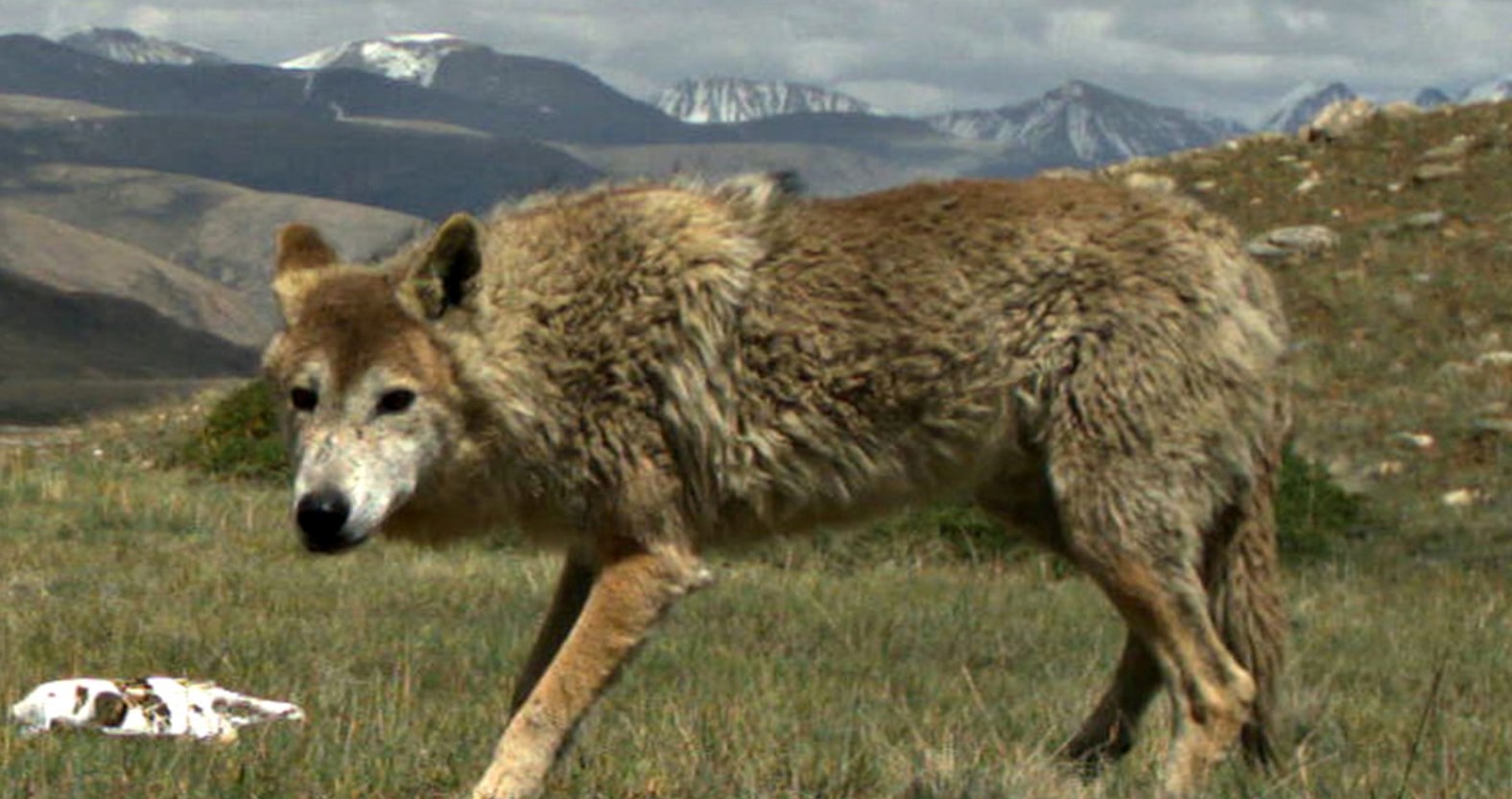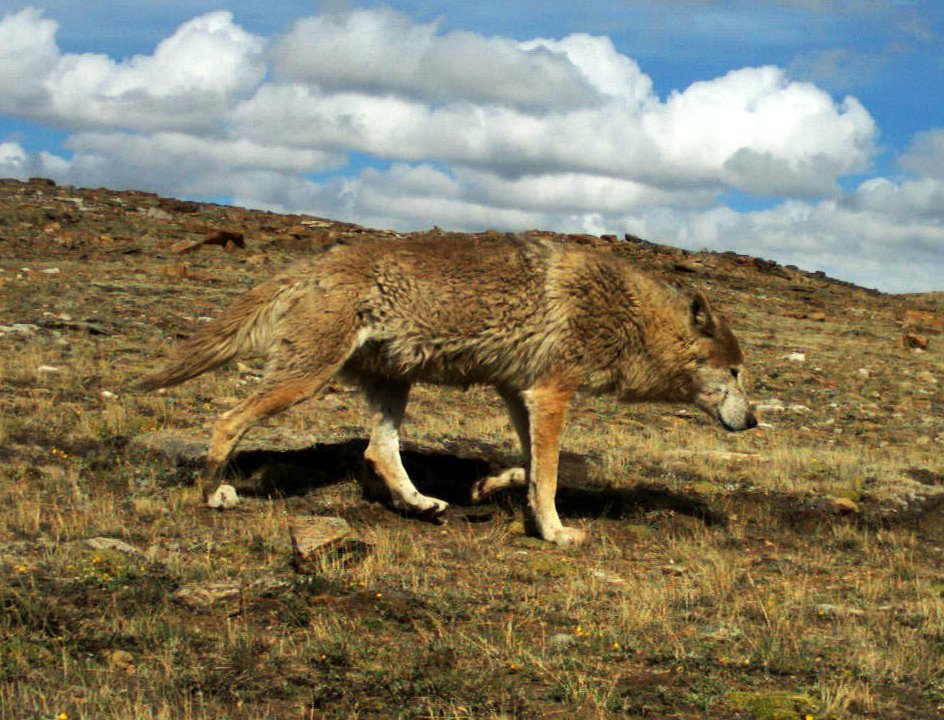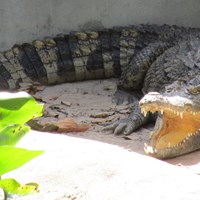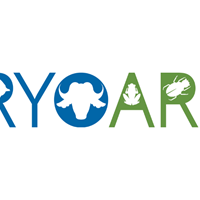Himalayan wolf genetics
Our RZSS WildGenes experts have been working with Dr Geraldine Werhahn for more than six years on the Himalayan Wolves Project, which aims to gather scientific evidence to support the conservation of wolves, and their prey, in the high-altitude habitats across the Himalayas.
Often overlooked from a conservation perspective, the Himalayan wolf can be persecuted by local people, where hunting takes place in retaliation to predation events, or for the trade in traditional and medicinal products.
Himalayan wolves are incredibly elusive so researchers collect their scat, and extract DNA to learn more about their ecology. To get a more detailed understanding of what the wolves eat, the team are now conducting a diet analysis through genetic sampling. The method for this was developed and tested by our charity’s RZSS WildGenes lab using scat collected from our wolf pack at Highland Wildlife Park!
Due to the harsh high-altitude Himalayan habitats, scat can dry out quickly and the team is currently exploring whether non-invasive genetic sampling or camera traps are a more effective method of monitoring populations in the long term.
Working together we have learned a lot about this rare and beautiful carnivore, find out more in these videos, blogs and papers:
The ancient Himalayan wolf, genetics and conservation

